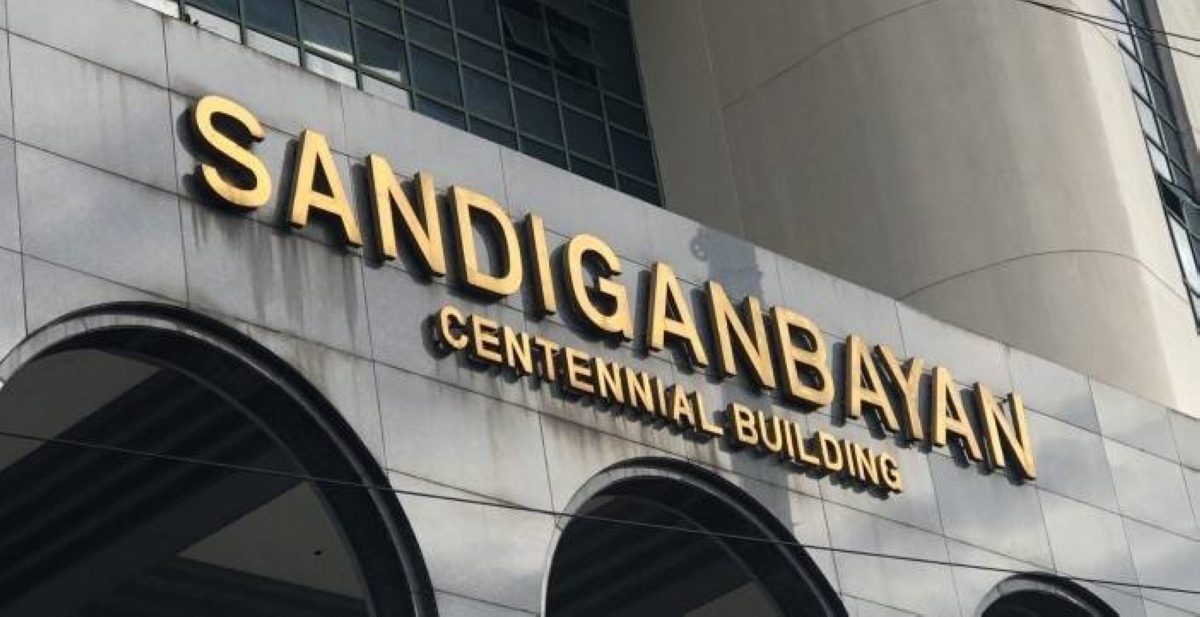MANILA, Philippines: In a significant development, the Sandiganbayan’s First Division has acquitted former La Union 2nd District Rep. Thomas Dumpit Jr. and several others of charges related to graft and malversation of public funds. The charges were in connection with the Priority Development Assistance Fund (PDAF).
The court’s 179-page decision, promulgated on Tuesday, cleared Dumpit Jr. of four counts of violation of Section 3(e) of the Anti-Graft and Corrupt Practices Act. The case numbers were SB-17-CRM-1498 to 1499 and SB-17-CRM-1500 to 1501.
The court found Dumpit Jr.’s defense of forgery relevant and availing for certain documents certifying the implementation of livelihood projects funded by Special Allotment Release Order (SARO) No. ROCS-08-04848 and SARO No. D-08-01442.
“We find and so hold that accused Dumpit [Jr.] sufficiently proved his defense of forgery as to the purported signatures of the accused in the PDAF documents relevant to this case,” the court stated.
The court also emphasized that the funds were released directly by the Department of Budget and Management (DBM) to the implementing agency, Technology Resource Center (TRC). The TRC subsequently disbursed the funds to Kabuhayan at Kalusugang Alay sa Masa Foundation, Inc. (KKAMFI) and AARON Foundation Philippines, Inc. (AFPI) for project implementation. Therefore, the court found no basis for the allegation that Dumpit Jr. conspired with any of the other accused in the present cases.
“Absent any conclusive evidence that accused Dumpit [Jr.] directly acted with manifest partiality or evident bad faith, the Court is inclined to accord the accused the presumption of innocence guaranteed by the Bill of Rights,” the court added.
Furthermore, the court found insufficient evidence to establish evident bad faith and manifest partiality on the part of Dennis Cunanan, Fransisco Figura, Ma. Rosalinda Lacsamana, Consuelo Lilian Espiritu, and Marivic Jover, who were employees of the TRC.
The court’s decision also addressed the prosecution’s claim that Flerida Alberto had signed documents facilitating the release of Dumpit Jr.’s PDAF allocation to KKAMFI.
“A comparison of the signatures appearing above the name ‘Flerida A. Alberto’ in the prosecution’s documents vis-à-vis the genuine signatures of accused Alberto… showed that the signatures are different,” the court stated.
The court accepted Alberto’s claim that she did not sign the aforementioned documents and therefore did not participate in the commission of the crime charged.
Similarly, the court examined the signatures of Fe Magtira Ronquillo (Magtira-Ronquillo) on AFPI’s articles of incorporation, by-laws, and trustees’ certificate and found that they were not affixed by Magtira-Ronquillo.
“Absent any evidence pointing to the active participation of accused Magtira-Ronquillo in the release of the PDAF allocation of accused Dumpit [Jr.] to AFPI, the Court holds that accused Magtira-Ronquillo is not guilty of the crime charged,” the court clarified.
The court also scrutinized the signatures of Pio Ronquillo Jr. on certain documents and compared them with known signatures appearing in case records. It found that the two sets of signatures were significantly different.
“Absent any clear evidence from the prosecution confirming that accused Ronquillo [Jr.] actually signed these documents, or other proof of his overt act in the perpetration of the crime charged, the Court will not render a finding of guilt as to him,” the court concluded.
In its decision, the court acquitted Dumpit Jr. of two counts of malversation of public funds.
This verdict has significant implications for the accused individuals, as it exonerates them of the charges brought against them. The court’s thorough examination of the evidence and its commitment to upholding the presumption of innocence is a testament to the integrity of the judicial system in the Philippines.
It is important to note that this case highlights the need for transparency and accountability in the management of public funds. The court’s decision serves as a reminder that individuals should be held accountable for their actions, but only when there is sufficient evidence to prove their guilt beyond a reasonable doubt.
As the legal process continues to unfold, it is crucial for all parties involved to respect the court’s decision and to uphold the principles of justice and fairness.
Source: The Manila Times







